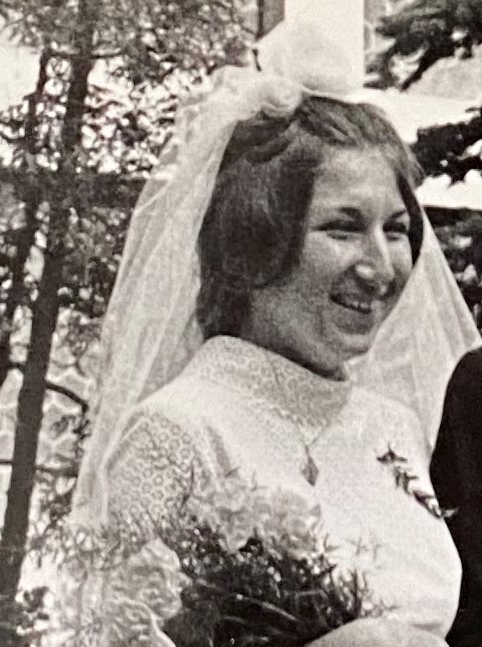At the embassy in London we were told that everyone returning from the West goes to an internment camp

Download image
Emilie Šťastná was born on October 26, 1947 in Kralupy nad Vltavou. In 1965, she began studying at the 1st Faculty of Medicine of the Charles University. In 1968 she and her boyfriend arranged a foreign exchange loan and went to France and England for the summer. On August 21, they were at the far end of Scotland and learned about the occupation of Czechoslovakia in the camp. They went to the London embassy, through which they managed to find accommodation with a London doctor. Finally, they stayed in London until October 1968, after which they decided to return to Czechoslovakia. Following her studies, Emilie worked as a doctor. In 2022, she lived in Veltrusy in the Mělnik region.




